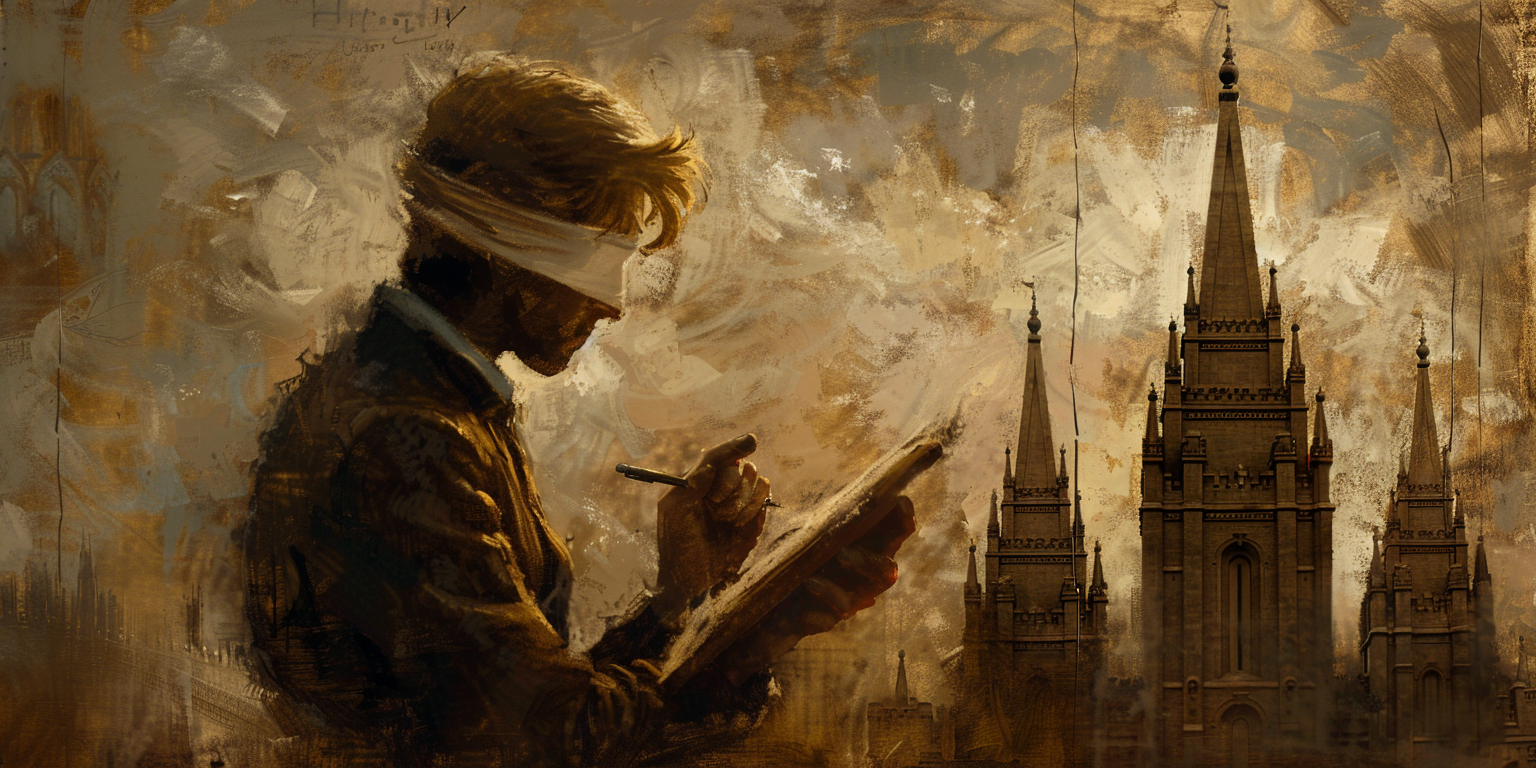
Associated Press Embarrasses Itself in Conference Coverage
AP’s coverage of the Latter-day Saints misses the mark, showcasing bias and a lack of religious literacy

AP’s coverage of the Latter-day Saints misses the mark, showcasing bias and a lack of religious literacy
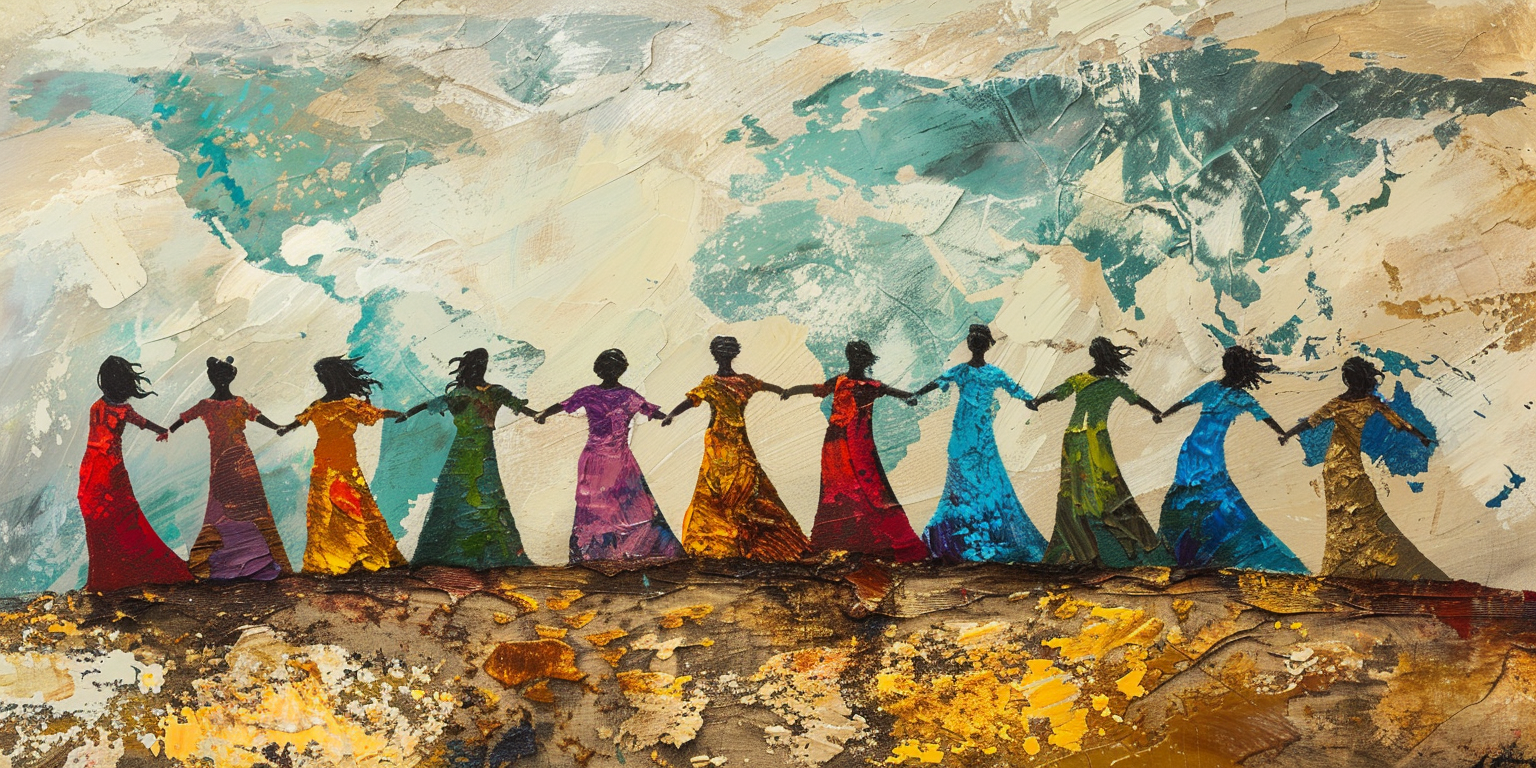
Latter-Day Saint women challenge the narrative of oppression, countering the view that they lack power within the Church of Jesus Christ.
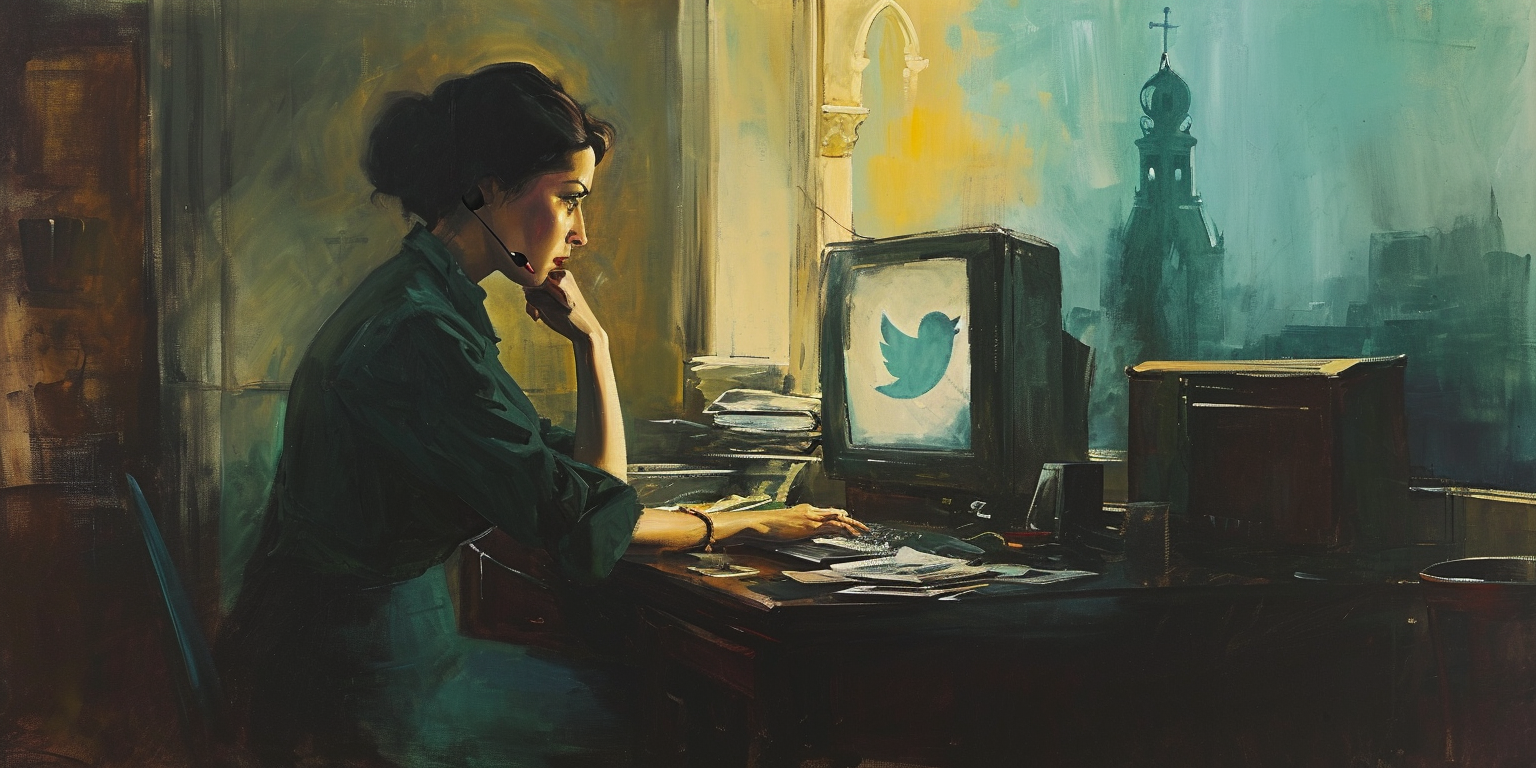
Journalists embrace X’s new identity but resist the Latter-day Saints’, showing disparate media treatment.
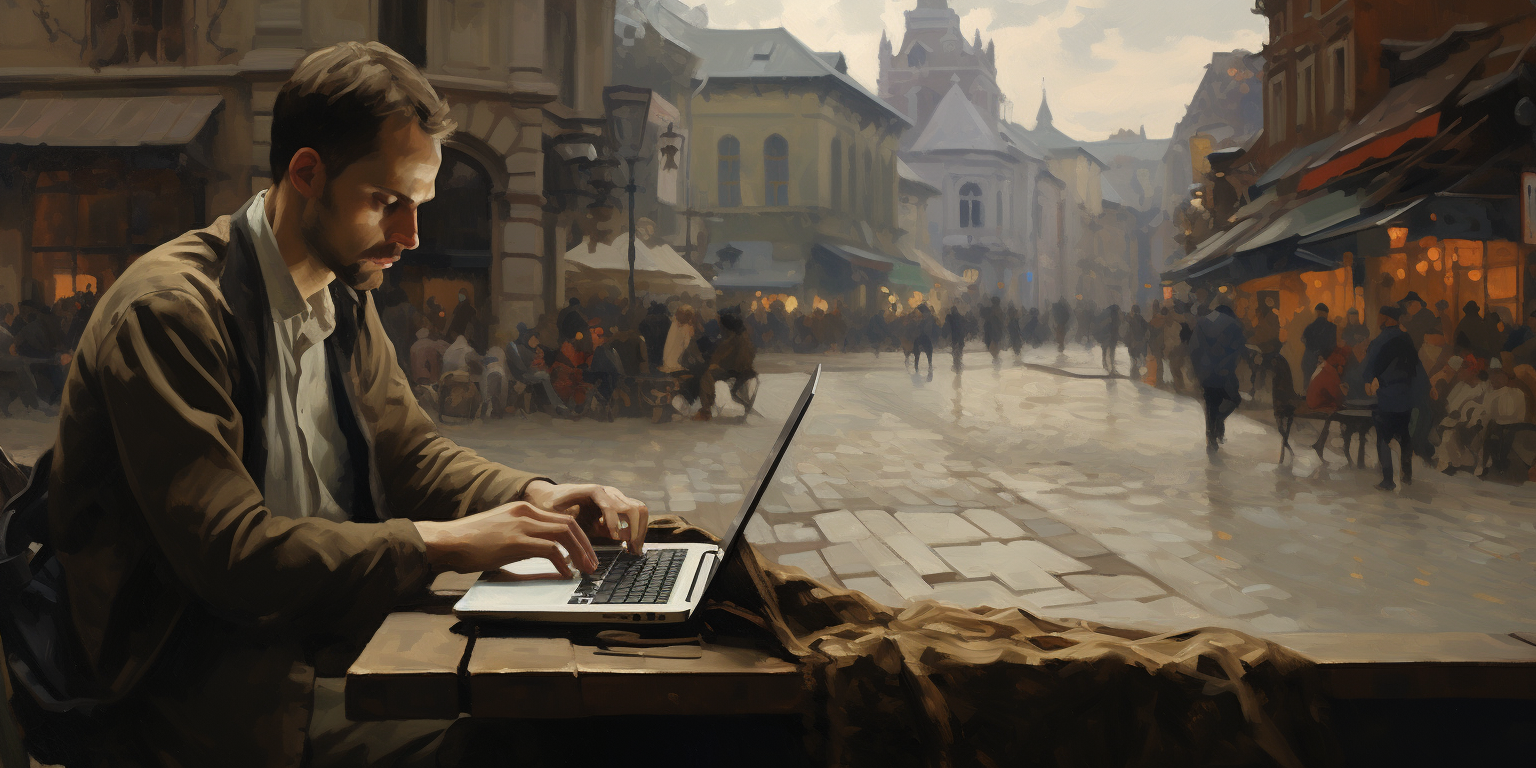
Our editors end the year with public accountability and a review of what we did and did not do well.
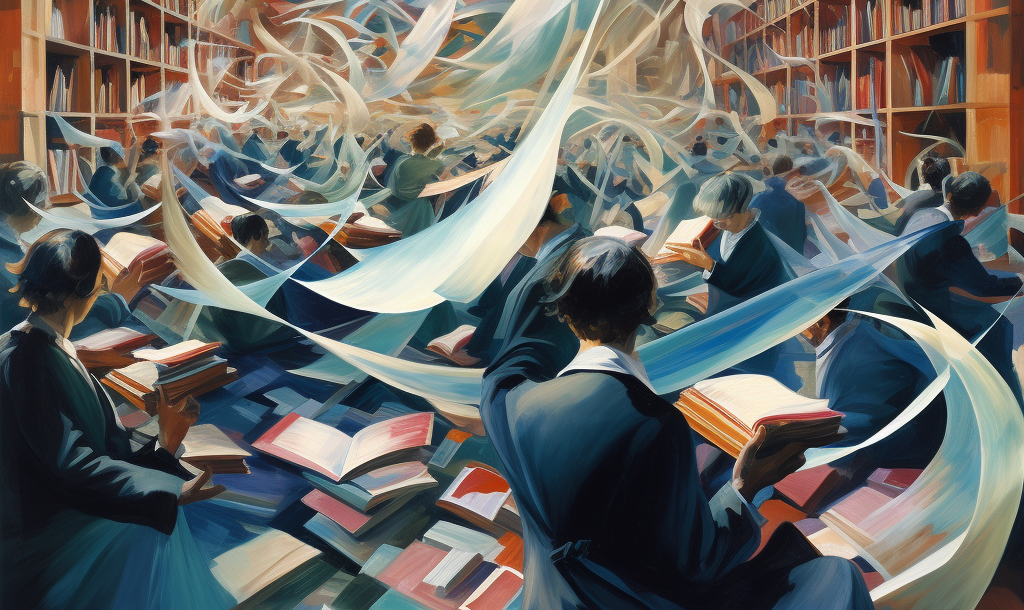
In our increasingly divisive country, public libraries stand as one of the few neutral civic spaces. But pervasive ideological tilt may prove a death knell. Librarians, however, can save the library as a sanctuary for all.
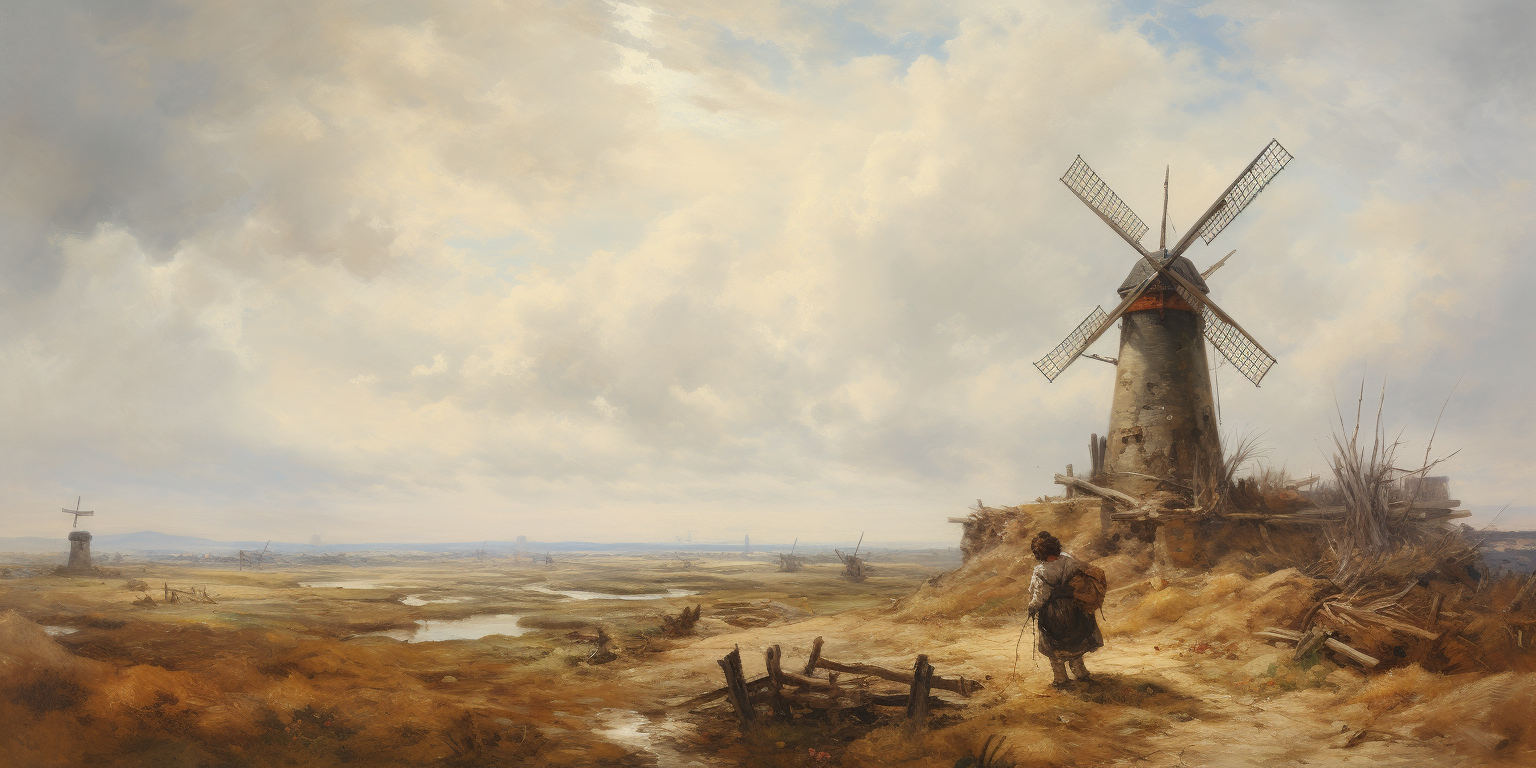
Another tragic abuse case led one reporter to call for mandatory reporting, a practice that will harm more children.

How do we know what news to trust, particularly in election seasons? Skepticism plays one part, but we also must learn how to trust responsibly.

When heroes like Tim Ballard face allegations, it shakes public trust and prompts reevaluation of beliefs. The fallibility of influencers, especially within religious communities, reveals the danger of elevating individuals over core principles.

While the Washington Post sheds light on the Church of Jesus Christ’s finances, it overlooks key perspectives, instead allowing our critics to speak for us.
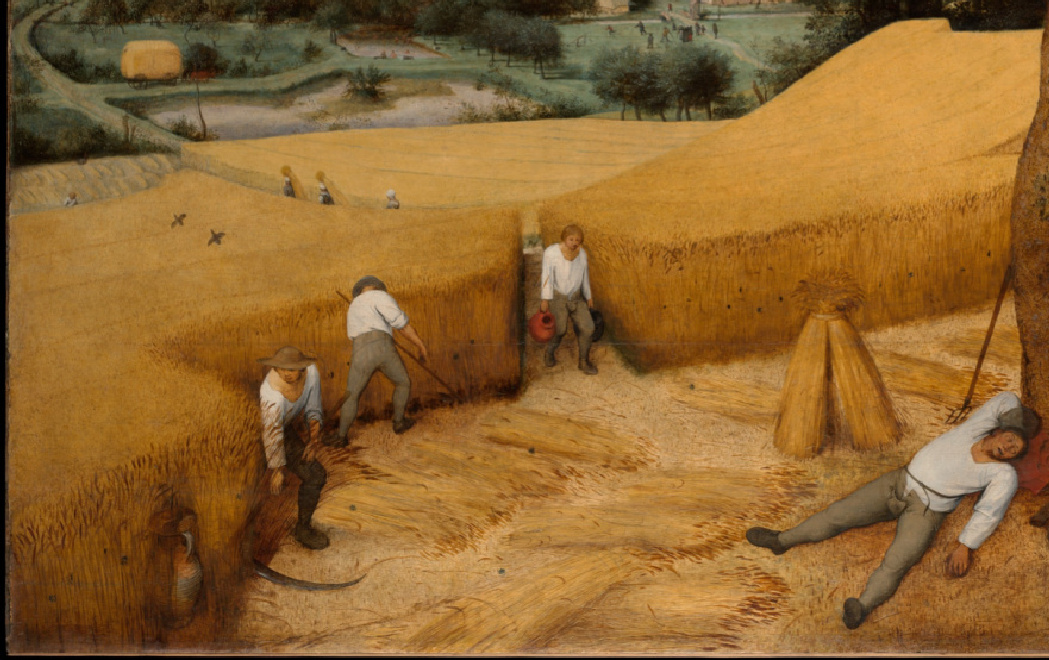
When Latter-day Saint women ask, ‘Should I serve a mission?’ they’re looking at a transformative journey. Mission service refines their personal growth, broadens academic horizons, and cultivates professional skills.

The events of this last week bear witness to something troubling all right—but it’s not quite the trouble you’ve been hearing about in the national media or on Twitter.
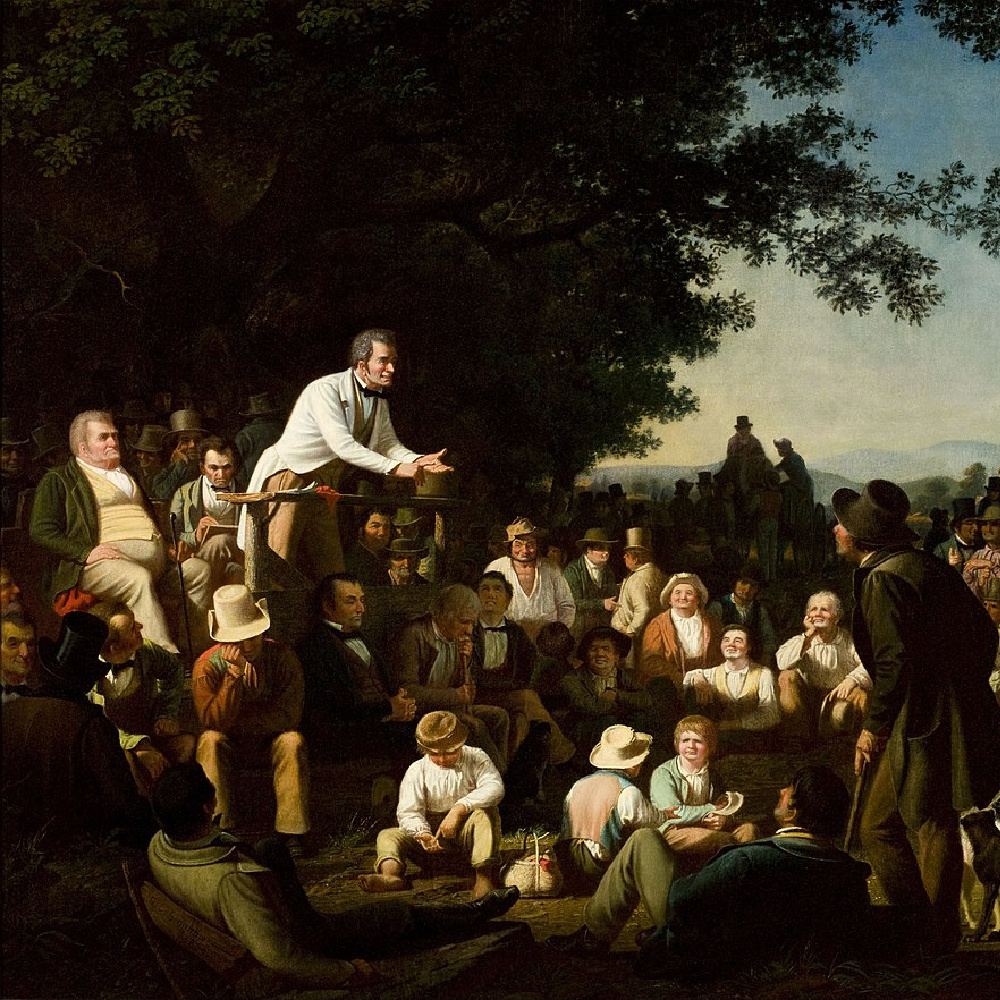
It’s surprisingly easy for people online to pretend to be someone they are not. Don’t be fooled. Learn how to spot a propagandist masquerading as a truth-teller.